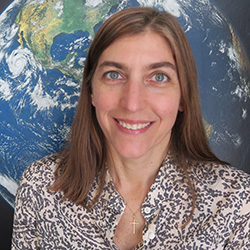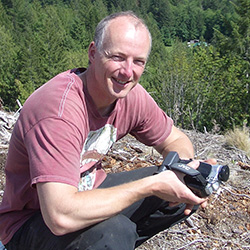
Prof. Michael Behrenfeld
Michael Behrenfeld did his undergraduate studies in Biology at Eastern Washington University.
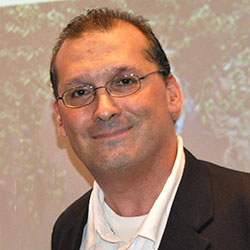
Paul DiGiacomo
Dr. Paul M. DiGiacomo is Chief of the Satellite Oceanography and Climatology Division in the NOAA/NESDIS Center for Satellite Applications and Research (STAR)...
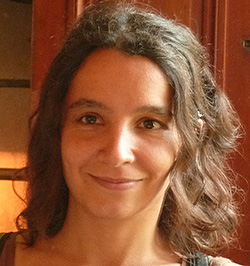
Dr. Ana Dogliotti
Ana Dogliotti is head of the Marine Division of the Quantitative Remote Sensing Group at the Institute of Astronomy and Space Physics (IAFE) in Buenos Aires, Argentina...
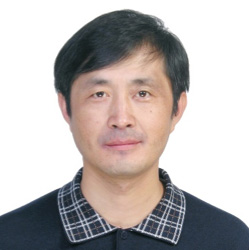
Prof. Ronghua Ma
Ronghua Ma is the co-head of the Lake Environment Remote Sensing group at the Division of Geographic Information Science (DGIS) and the Lake and Watershed Data Center (LWDC), Nanjing Institute of Geography and Limnology, Chinese Academy of Sciences...
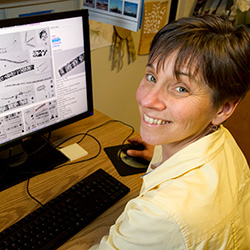
Dr. Heidi Sosik
Dr. Heidi Sosik is a biological oceanographer and phytoplankton ecologist...
Dr. Kevin Ruddick
Kevin started his studies with a Bachelor’s in Mathematics, moving through Masters in Computational Fluid Dynamics and in Marine Modelling ,to a PhD in Physical Oceanography and Hydrodynamic Modelling...


